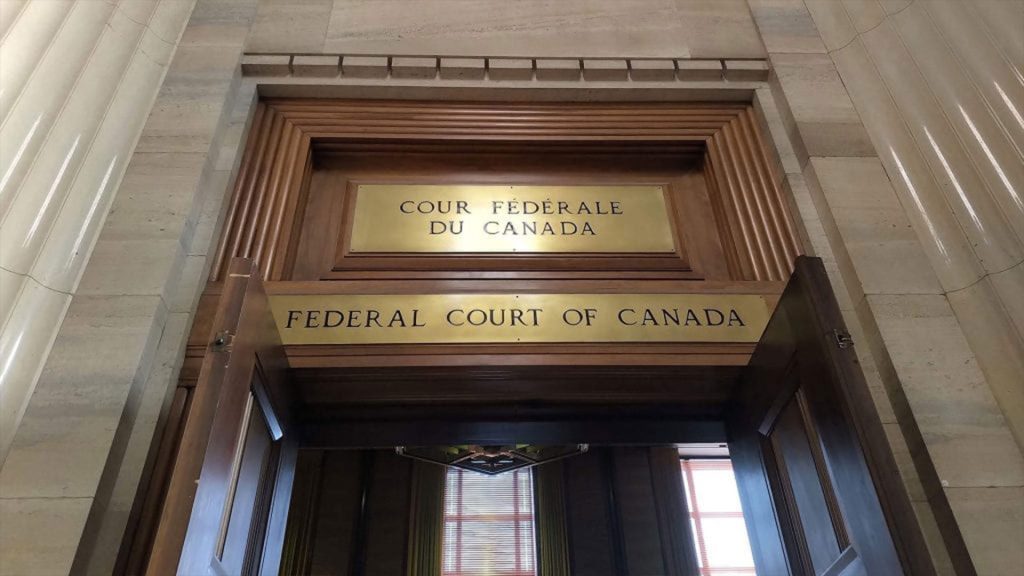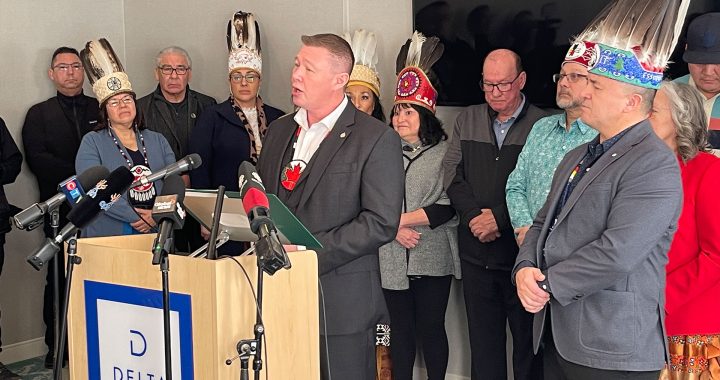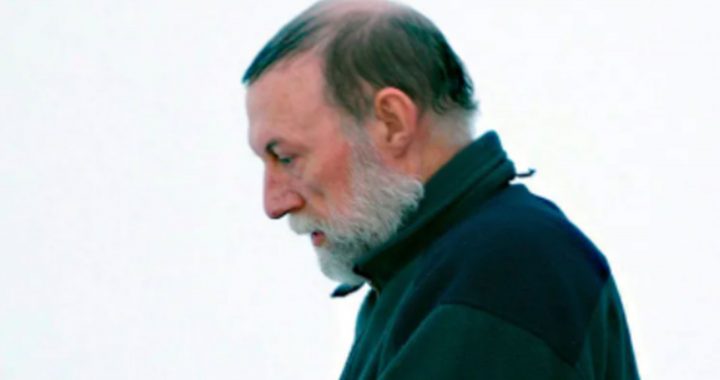
Tens of thousands of survivors from what is known as Canada’s “Indian boarding home” program are one step closer to receiving $2 billion in compensation after a federal court released its approval of a settlement agreement on Thursday.
A tentative agreement was reached between the federal government and survivors in January 2023. It covers about 33,000 students who boarded in mainly non-Indigenous homes while attending public school from 1951 to 1992.
Eligible claimants are entitled to anywhere from $10,000 to $200,000 in compensation depending on level of abuse suffered.
Canada is also required to contribute $50 million to the establishment of an Indigenous-led foundation to provide survivors and their families with healing, wellness, education, culture and reconciliation supports.
“…children were taken from their communities, many of whom later reported to have endured considerable hardship in the form of physical, sexual and verbal abuse, humiliation, belittlement, starvation, discrimination and mistreatment at the hands of their boarding home families,” Justice Peter Pamel said in a 49-page decision. “In addition, many survivors reported being forbidden to speak their Indigenous language or practice their native culture.”

Pamel also notes because children were removed from their homes as young as the age of five, this only added to the limited contact with family, culture, heritage and community.
“We’re pleased with Justice Pamel’s decision as an important step in the journey toward healing and reconciliation” David Klein, one of the lawyers for the plaintiffs, told APTN News.
The class action lawsuit was brought forward by four individuals in 2018 including Reg Percival who was taken from his home Nisga’a community in northern B.C. and sent 1,300 km south to live with another family and attend high school.
“I was taken from my family and community in 1968 when I was 13 years old,” said Percival when the final agreement was reached on June 29, 2023. “The impact on me, and on other kids like me, was devastating. I have spent decades since then, working to heal, to help others, and to explain to the broader community what happened.
“It has been a long journey but I am gratified by the steps we are now taking, as a country, to acknowledge past wrongs and to move forward together.”
Legal expenses are not part of the settlement agreement and survivors have until July 22 to opt out.
“…the Class Members who spoke before me, and Canada all agree that the settlement of this matter is an important step on the road of reconciliation,” Justice Pamel says in another part of the decision.
“For Canada in particular, in coming to this settlement, it was important that Class Members were compensated fairly, taking into account previous settlements on the various parts of Canada’s historic policies and programs related to Indigenous child education and care—hence the similarities between the Settlement Agreement and past similar class action settlements—but also taking into account the unique experiences of boarding home survivors.”










